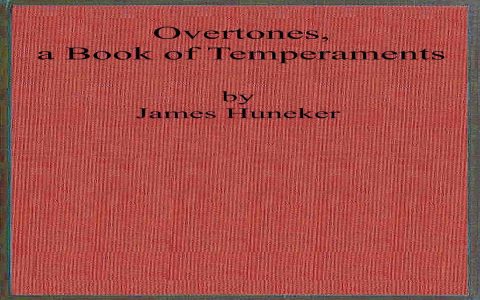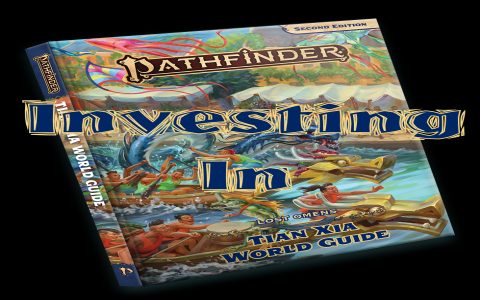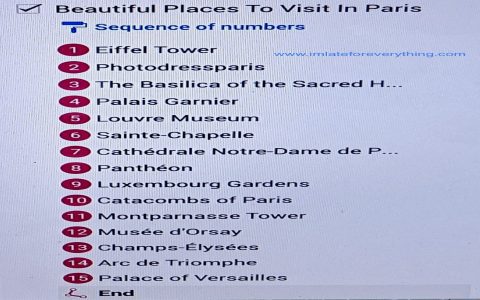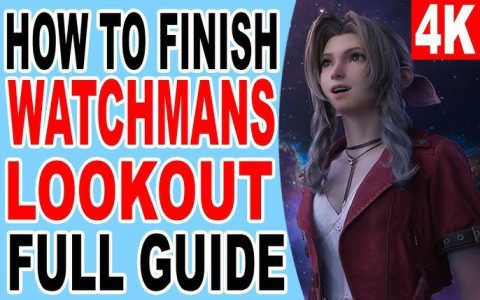Thematic Resonance: The "Blind Prophet" in Edgar Allan Poe's Works
The figure of the "blind prophet" is a potent archetype in literature, signifying an individual who, despite physical blindness, possesses a deeper, often revelatory, insight into truths hidden from ordinary sight. While Edgar Allan Poe may not feature a character explicitly named or fitting this exact description, the conceptual underpinnings of the blind prophet resonate profoundly within his oeuvre, particularly through his exploration of heightened perception, madness, and the revelation of terrifying realities.
Poe's narrators and central characters frequently exhibit qualities analogous to those of a seer whose vision transcends the mundane. This "sight" is rarely comforting; instead, it offers glimpses into the abyss of human psychology, the inevitability of decay, or the mechanics of an indifferent or malevolent universe.
Characteristics Echoing the Blind Prophet Archetype in Poe:
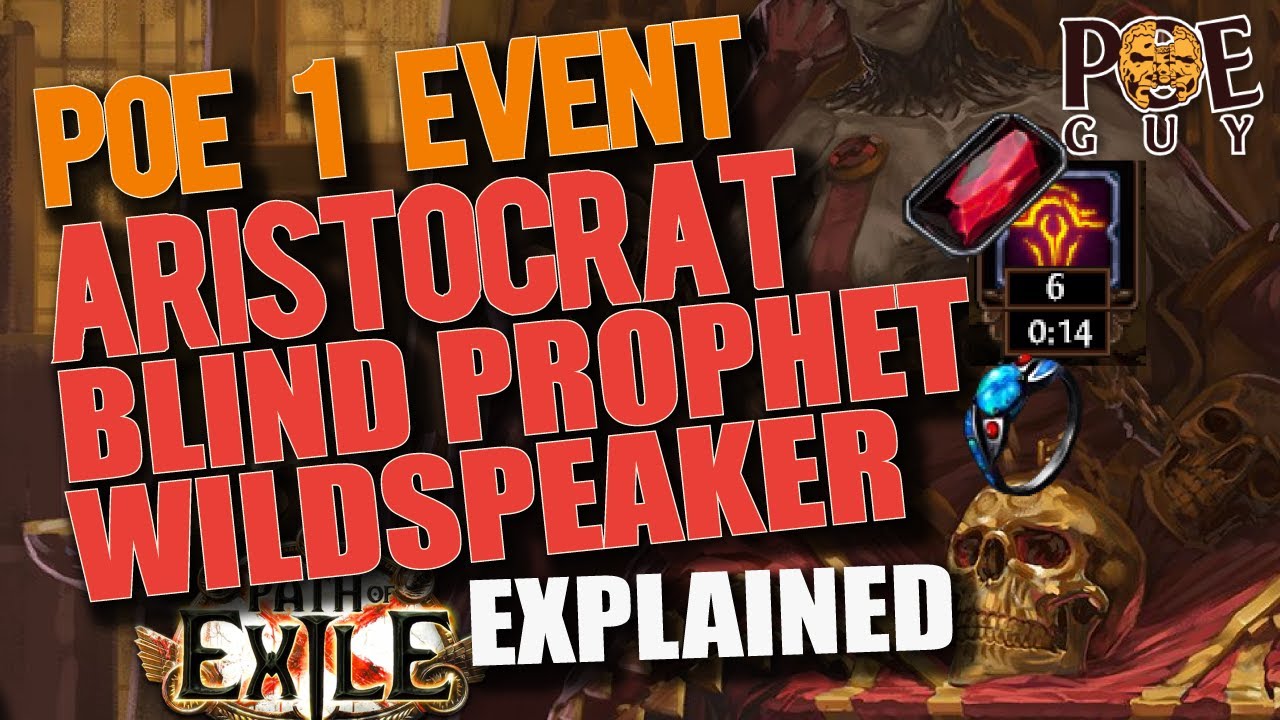
- Heightened Sensory Perception or Intuition: Characters like Roderick Usher in "The Fall of the House of Usher" possess an almost supernatural acuteness of the senses, which, while not blindness, isolates them and makes them privy to unsettling experiences beyond common understanding. This hyper-awareness can be seen as a form of specialized, albeit agonizing, insight.
- Insight Through Madness or Obsession: Many of Poe's narrators, such as those in "The Tell-Tale Heart" or "Ligeia," operate from a state of mind that society deems mad. Yet, from their distorted perspectives, they claim access to unique truths or motivations, perceiving patterns and significances that elude the sane. Their "prophecies" are often self-fulfilling or justifications for their horrific actions, a dark inversion of prophetic wisdom.
- Knowledge of the Unseen or Inevitable: The pervasive themes of impending doom, premonition, and inescapable fate in works like "The Masque of the Red Death" or the poem "The Raven" suggest a world where certain truths are foreordained. Characters may not always articulate these as prophecies, but they are often caught in currents of destiny they dimly perceive or futilely resist.
- The Cost of "Vision": True to the archetype, any special insight in Poe's world comes at a tremendous cost – sanity, life, or profound suffering. The characters who "see" more are often the most tormented, their knowledge a burden rather than a gift. This aligns with the tragic aspect often associated with seers who are doomed to speak unheeded truths or bear witness to horrors.
Poe masterfully uses these elements not to present literal prophets, but to delve into the psychological landscape where the boundaries between perception, obsession, and revelation become blurred. The "blindness" is often metaphorical – a blindness to societal norms, to rational thought, or to hope – which paradoxically opens a "sight" into the darker currents of existence. This thematic exploration contributes significantly to the enduring power and unsettling nature of his literary legacy, making his work a fertile ground for understanding the more tormented facets of visionary experience.

